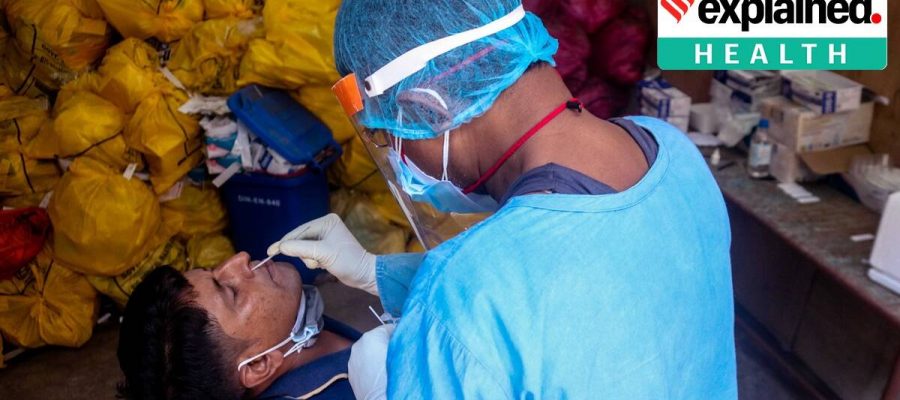If found safe for human use, this anti-viral treatment would make Covid-19 symptoms milder and speed up recovery times, the University of Cambridge said in a statement.
A new treatment approach focused on fixing cell damage, rather than fighting the virus directly, has been found effective against SARS-CoV-2 in lab models. If found safe for human use, this anti-viral treatment would make Covid-19 symptoms milder and speed up recovery times, the University of Cambridge said in a statement.
Current approaches to dealing with infection target the virus itself with antiviral drugs. But Cambridge scientists have switched focus to target the body’s cellular response to the virus instead.
In the study, published in PLOS Pathogens, they found that when lab-grown cells are infected with SARS-CoV-2, it activates all three branches of a three-pronged signalling pathway called the ‘unfolded protein response’ (UPR). Inhibiting the UPR to restore normal cell function using drugs was also found to significantly reduce virus replication.
Using drugs, the researchers were able to reverse the activation of this cellular pathway, and this reduced virus production inside the cells almost completely, which means the infection could not spread to other cells.
Anti-viral drugs currently in use to treat Covid-19, such as remdesivir, target replication of the virus itself. But if the coronavirus develops resistance to these drugs they will no longer work. In contrast, the new treatment targets the response of the infected cells; this will not change even if new variants emerge, because the virus needs this cellular response in order to replicate, the release said.
The next step is to test the treatment in mouse models, it said.
Source: University of Cambridge
Source: Read Full Article


